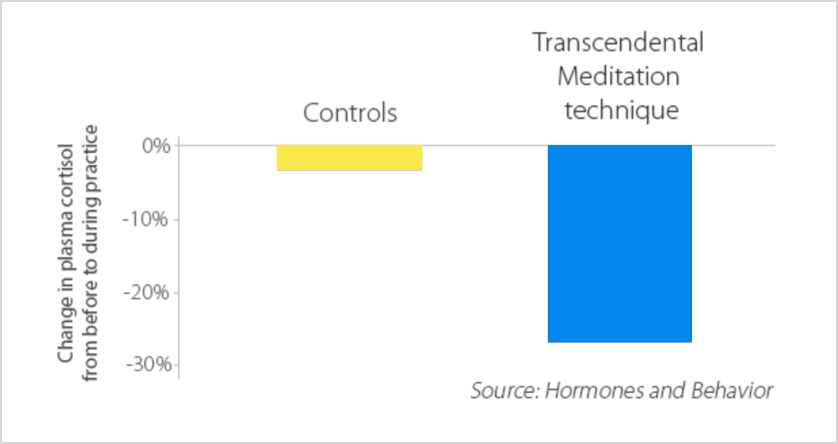The secret to resilience may be surprising. Many people believe that stress is psychological, that it is in the mind, and that the way to conquer it is through will power and the right mindset. We think that if we tell ourselves repeatedly that we are strong, then we will be. But experience frequently shows us it is not that simple.
You may be pushed too hard at work by your boss, feel overwhelmed by your workload, or find that your family relationships are constantly fractious. Each day you tell yourself that today you will not let it get you down, that today you will rise above it, but each day it does get to you. Something more is needed to deal with the pressures of acute and chronic stress.
The Answer is in the Body
Stress triggers a very specific response in the body. It creates an increase in stress hormones like cortisol, which is helpful in the short term because it keeps us alert to changing situations. But long-term activation of our bodies’ stress-response and overexposure to cortisol and other stress hormones disrupt almost all of the
body’s processes. This can compromise our health and lead to heart problems, weight gain, poor digestion, sleep disorders, memory loss, exhaustion and even mood disorders. The emotional lows we feel are connected to our physiology. If we heal the body, we heal the mind. What we need to do is turn off the body’s stress response. But how?
The Opposite of Stress

One solution—practise the Transcendental Meditation technique. TM triggers a response in our physiology which is the exact opposite of stress.
During TM practice, the mind transcends, or goes beyond the experience of thought; it goes deeper than focusing on your breath or listening to a guided relaxation, achieving a natural state of inner silence. Only when the mind settles can the body gain the deeper rest needed to dissolve stress. During this unique style of meditation, the body settles down to a state of deep physical rest.The state of inner peace and calm produces a profound physical relaxation while the mind remains restfully alert. The repeated experience of “restful alertness” through the regular practice of TM reduces stress and cortisol levels in the body, and at the same time, increases the body’s levels of serotonin, the ‘happiness hormone’, and strengthens the body’s reaction to new stress.
After each meditation, we emerge feeling more relaxed, more internally grounded and happier on the inside even though our circumstances have not changed. Our physiology’s increased strength and the corresponding elevation of our emotions can help us navigate our problems and become more internally resilient to future stress. We find we can indeed thrive under any circumstance.
What is the Proof?
TM has been taught and researched in the west for 50 years. One study found that plasma cortisol decreased by 30% during Transcendental Meditation. In contrast, it did not change significantly in control subjects during ordinary relaxation.

And TM has been tested in real-world situations, in populations working in high- stress jobs such as nurses and caregivers and first responders
In 2015, 23 caregivers learned the Transcendental Meditation technique and its follow-up program. After just 2 months of regular practice of TM, the caregivers showed a significant decrease in the stress they felt in their lives, and their moods were more elevated and stable. The circumstances of their lives had not changed, but the regular practice of TM built resilience into their bodies.
TM is taught in a 4-day course and includes a free lifetime world wide follow-up program. If you feel you could benefit from TM, you are invited to attend an introductory talk or webinar. There is no cost and no commitment. Click here to find a teacher near you. https://tm-women.ca/


